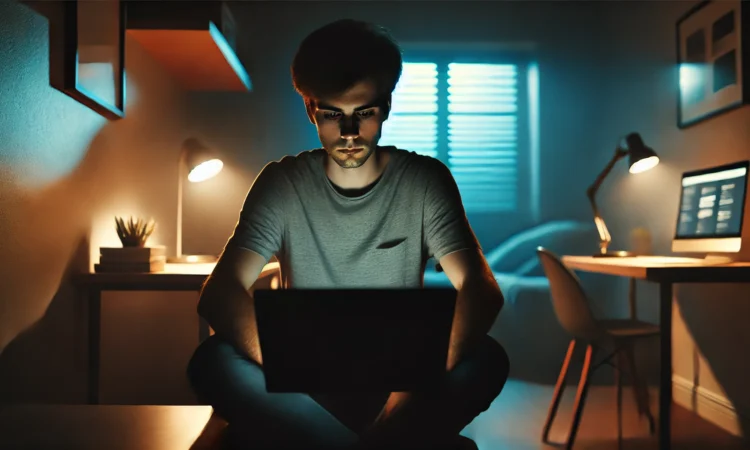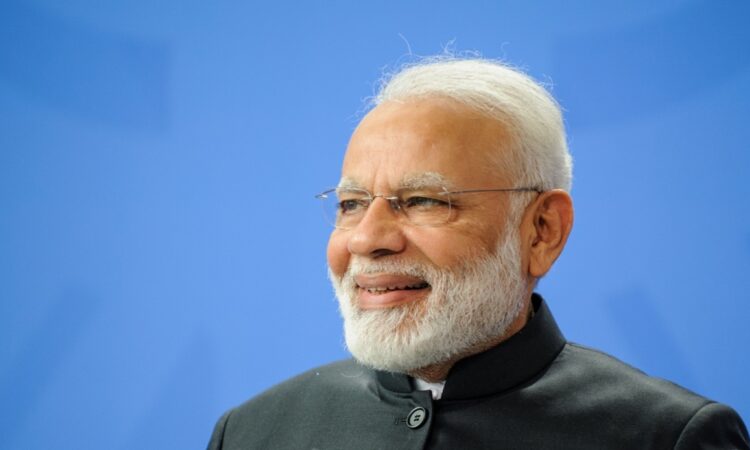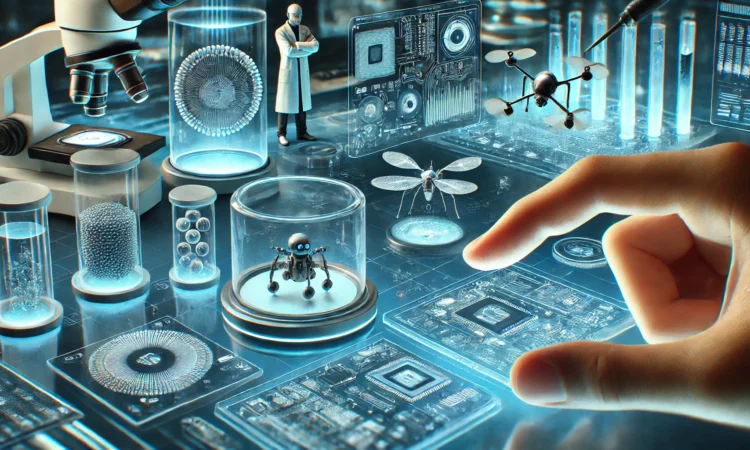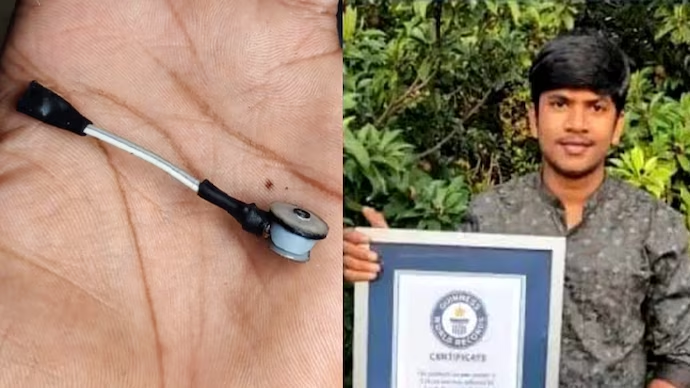Musk’s Neuralink shares video of patient playing chess using brain implant
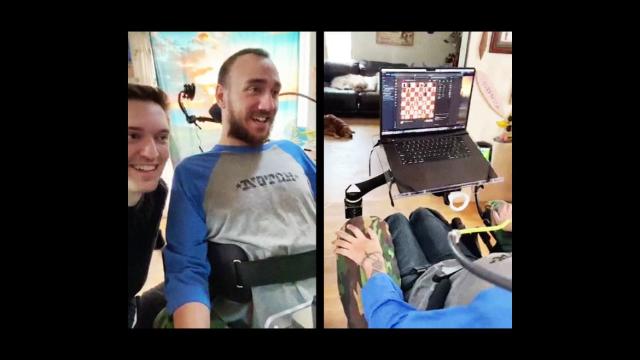
Elon Musk’s groundbreaking startup Neuralink made waves this week as it streamed a live video showcasing the first human patient, Noland Arbaugh, utilizing the company’s brain implant technology. Arbaugh, a 29-year-old quadriplegic, shared his experience with the implant, which involves electrodes inserted into the brain tissue after a portion of the skull is removed. Despite some challenges, Arbaugh expressed gratitude for the life-changing impact Neuralink has had on him.
“It’s not perfect, I would say that we have run into some issues,” Arbaugh said. “I don’t want people to think that this is the end of the journey, there’s still a lot of work to be done, but it has already changed my life.”
The brain-computer interface (BCI) developed by Neuralink aims to decode neural signals and translate them into commands for external technologies, offering hope for patients with severe paralysis to control devices using only their minds. This technology is not entirely new, as various companies have already made strides in the field of BCIs. However, Neuralink’s high-profile status, thanks to Musk’s involvement, has brought significant attention to their innovative approach.
Dr. Nader Pouratian, a leading expert in BCI technology, emphasized the potential of BCIs to revolutionize the lives of individuals with degenerative diseases like ALS. While there is excitement surrounding BCIs, practical challenges remain, such as interpreting and analyzing brain signals effectively. Pouratian stressed the importance of transparency in sharing advancements within the industry to drive progress.
Neuralink recently began recruiting patients for its first in-human clinical trial, following FDA approval in May 2023. Details about the trial, including its scope and objectives, have been limited, leading to speculation about the study’s outcomes. The company is expected to undergo rigorous testing for safety and efficacy before seeking final approval for market release.
Despite the promising nature of Neuralink’s technology, Dr. Marco Baptista of the Christopher & Dana Reeve Foundation urged caution and the need for more scientific data to validate the system’s effectiveness. Baptista emphasized the importance of peer-reviewed publications to gain a better understanding of Neuralink’s capabilities and ensure transparency in their research.

